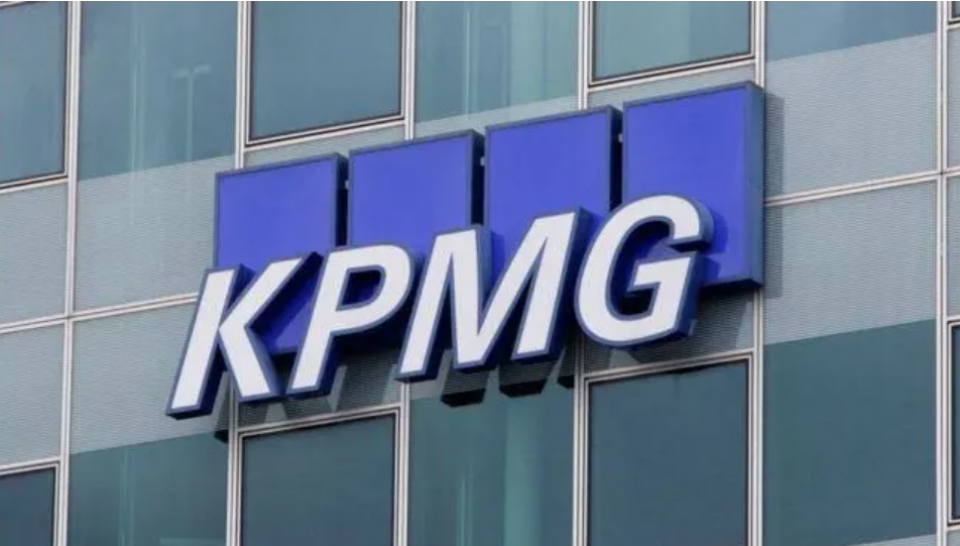Banks must brace for open banking, says KPMG
Leading professional services firm, KPMG, has issued a call to action for banks and financial institutions in Nigeria to urgently accelerate their readiness ahead of the impending rollout of open banking in the country.
This advisory was outlined in KPMG’s latest report, titled “Modernising Core Banking Systems: Navigating Challenges to Achieve Resilient Transformation,” released on Thursday. The thought leadership piece stems from insights shared during the 2025 KPMG Core Banking Modernisation Summit, which focused on driving digital transformation in Nigeria’s banking sector.
CBN’s Open Banking Rollout Set for August 2025
Earlier reports in 2025 confirmed that the Central Bank of Nigeria (CBN) had approved the official rollout of open banking beginning August 2025. This development builds on the CBN’s earlier regulatory framework released in February 2021, aimed at guiding the implementation of open banking in the Nigerian financial ecosystem.
Open banking allows end-users (customers) to authorise their banks or financial service providers to share their financial data with other regulated players in the financial services industry, such as other banks or third-party providers (TPPs). This innovation is designed to enable customer-centric financial products and services.
APIs Powering the Open Banking Revolution
The backbone of open banking is the use of Application Programming Interfaces (APIs). These APIs allow banks and other financial institutions to securely access and share:
-
Financial products and services
-
Customer transaction history
-
Credit scores
-
Income data
-
Other relevant financial insights
This data sharing fosters collaboration between traditional banks, neobanks, and fintechs, enabling the creation of modern financial solutions tailored to evolving customer needs.
KPMG’s report explained:
“Open banking is currently serving as a powerful catalyst for the growth and innovation of Nigeria’s digital-first financial players by streamlining access to financial data and infrastructure through secure APIs.”
Driving Innovation Through Ecosystem Collaboration
Open banking is already reshaping financial services by facilitating the growth of innovations such as:
-
Virtual accounts for seamless collections and automated reconciliations
-
Advanced card management solutions, including virtual/physical card issuance, tokenisation, and spend control
-
Payment rail integrations enabling cross-border and real-time transactions
-
Merchant payment gateways supporting secure, omnichannel payment experiences
According to KPMG, open banking is “paving the way for financial services innovation through ecosystem collaboration and partnerships.” With the CBN pushing for the full-scale launch by August 2025, banks must upgrade their core technologies and operational processes to support this transformation.
Implications: Data Mobility, Inclusion, and Core System Reform
KPMG emphasized that open banking will significantly impact:
-
Data mobility and control – giving customers the power to securely share data with third-party providers, enabling customised financial services
-
Service integration – seamless collaboration between banks and TPPs to offer progressive digital products
-
Financial inclusion – using alternative data sources (like mobile phone usage, utility bill payments, and social media activity) to provide access to underserved segments
The firm highlighted that Nigeria’s core banking infrastructure is undergoing accelerated reforms to accommodate this new wave of API-driven data sharing and service integration.
The Urgency for Core Banking Modernisation
KPMG’s report noted a transformative shift across West Africa’s financial services sector, as digital banking rapidly becomes the norm. The firm warned that legacy core banking systems are no longer fit for purpose in a world where customers expect real-time, personalised banking experiences.
“Traditional institutions must confront a stark reality: legacy systems can no longer support the agility, innovation, and resilience that the future demands,” the report stated.
While digital-first banks and fintechs are redefining modern banking with intuitive platforms, seamless user experiences, and rapid product development, incumbent banks must now shift their focus from “if” to “how” to modernise their platforms effectively.
With the August 2025 launch date drawing near, Nigerian banks and financial institutions face a critical juncture: modernise or risk falling behind. Open banking presents both a challenge and an opportunity—one that could redefine the future of banking across Nigeria and the broader West African region.














Post Comment